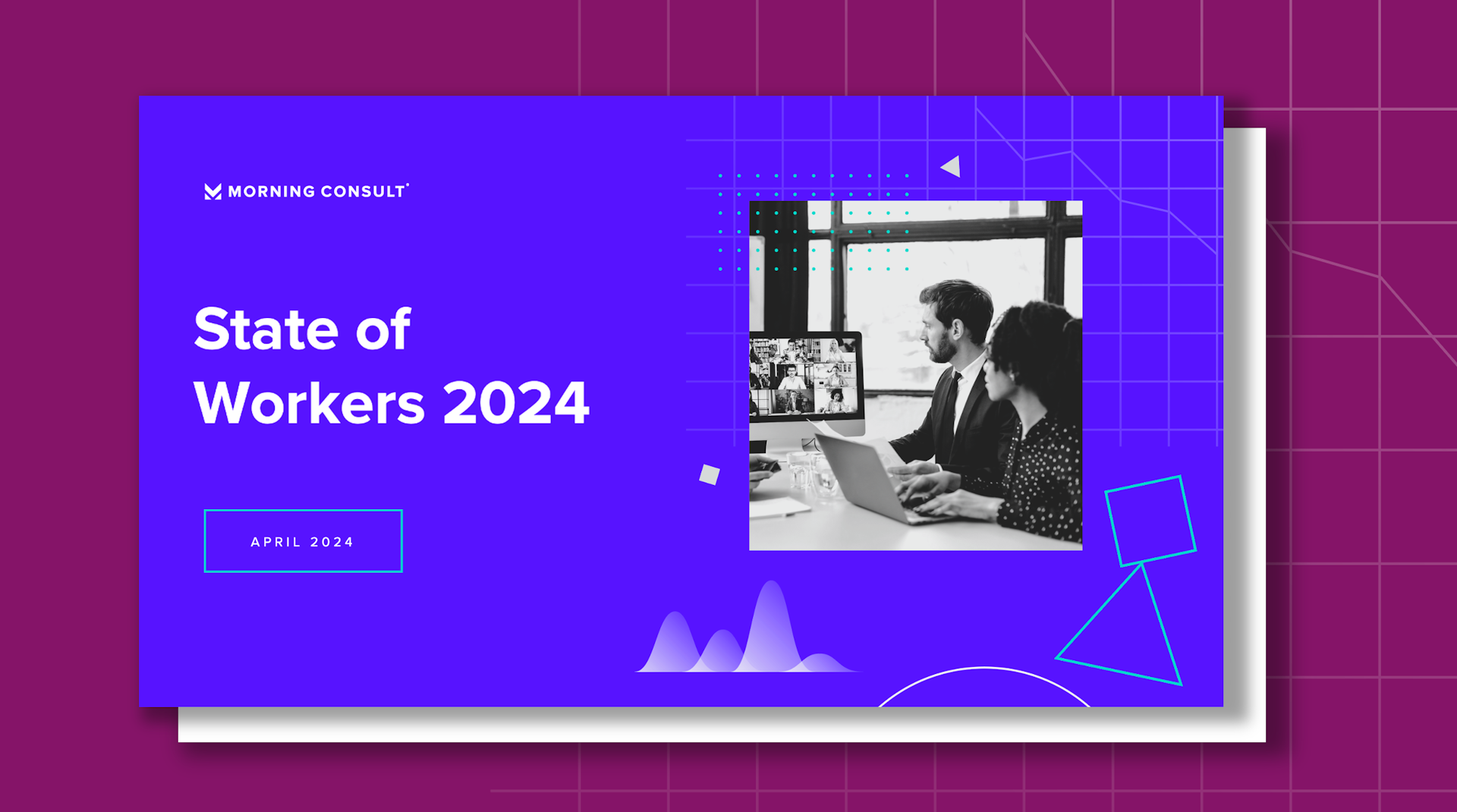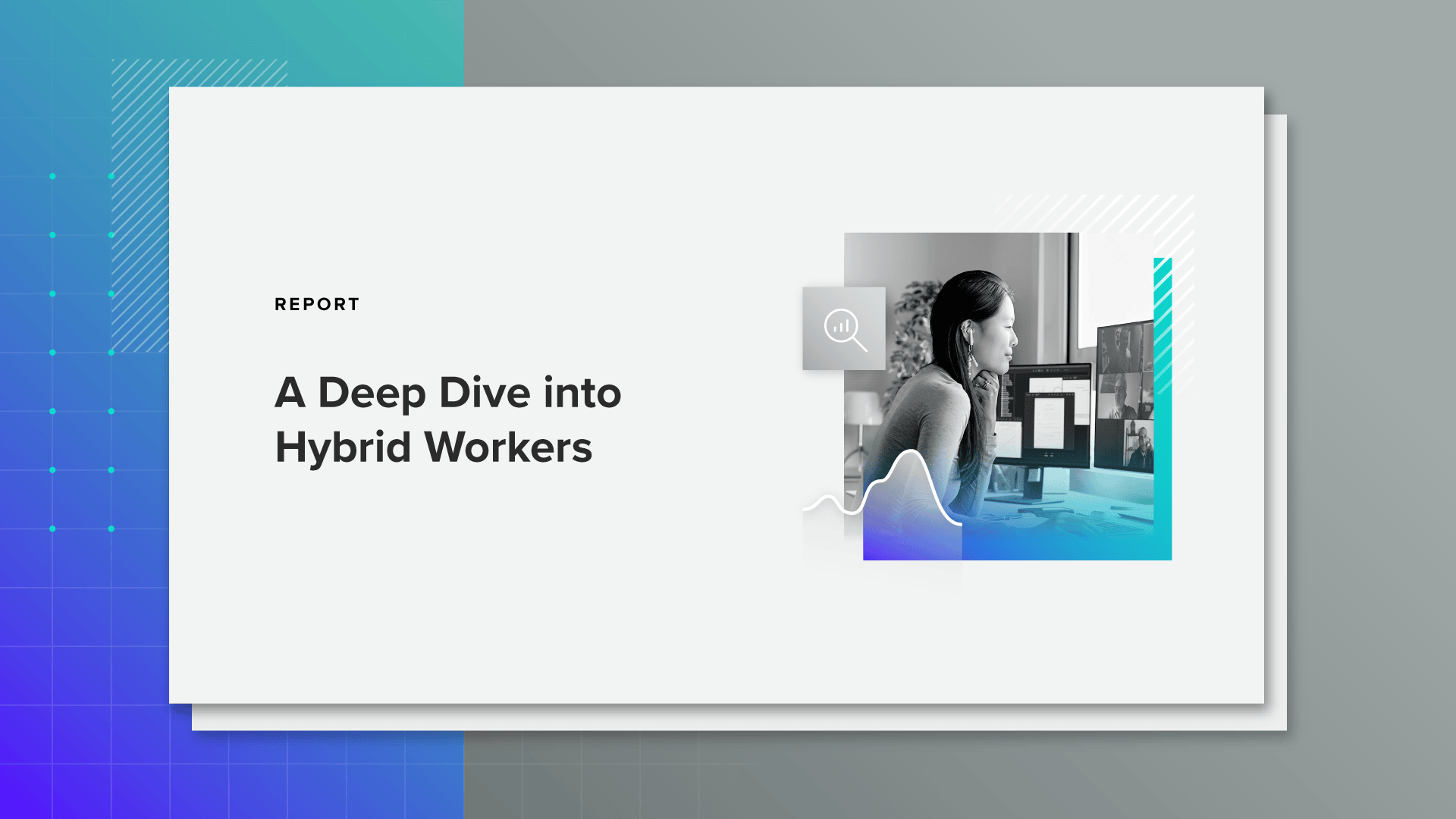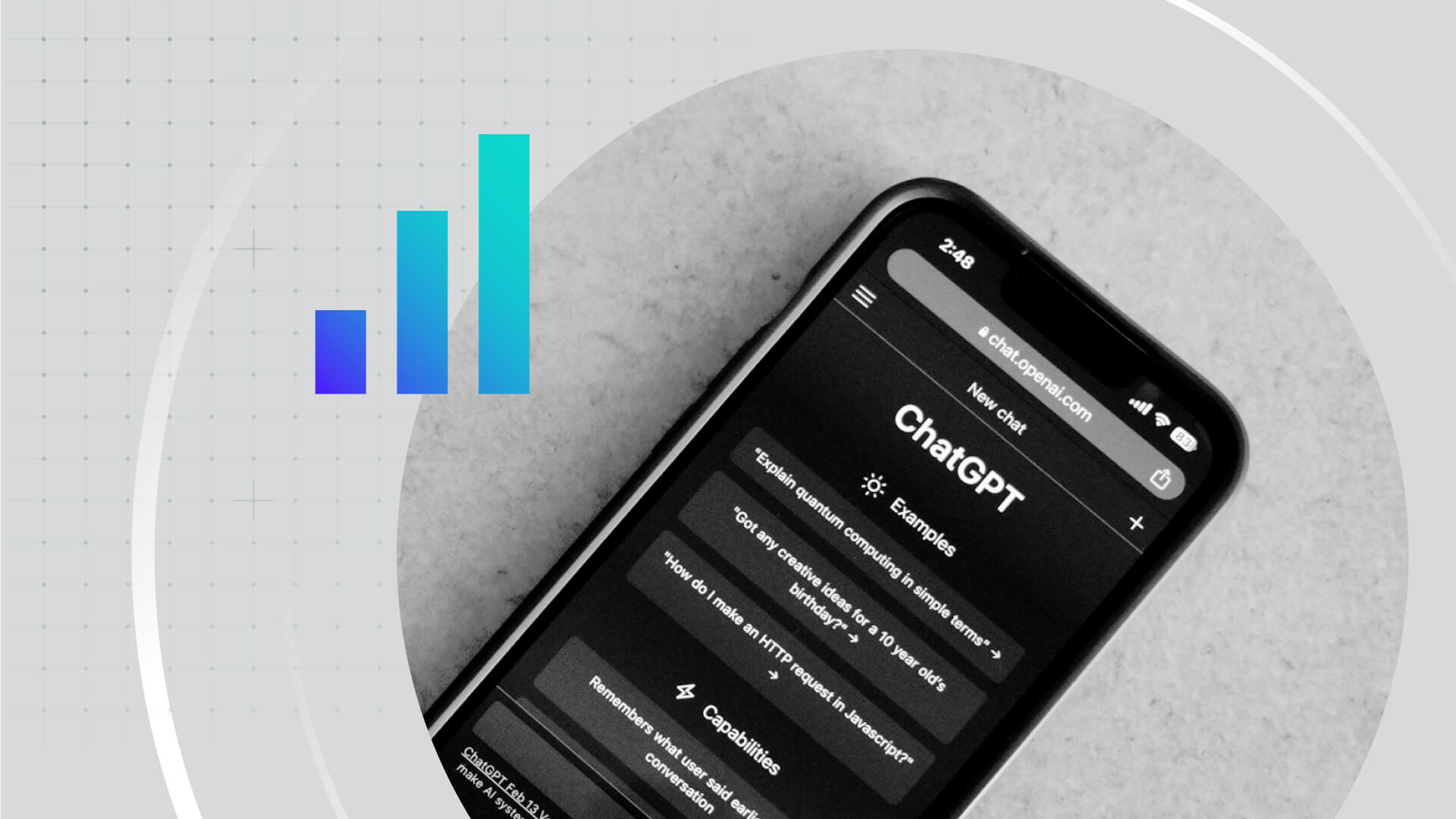Almost Half of Employed Adults Use AI At Work

Key Takeaways
More than 2 in 5 employed adults (44%) said they use artificial intelligence for work, with millennials and those with post-grad degrees over-indexing (both 56%).
While Americans are mostly mixed about AI’s impact on work, employed adults are more likely to say AI has a positive impact (42%) than a negative one (30%).
The majority of workers use AI across a number of tested applications, showing that artificial intelligence is not confined to highly specific tasks, and that companies investing more in AI tech could find use cases for it if those applications are integrated into existing workflows.
Data Downloads
Pro+ subscribers are able to download the datasets that underpin Morning Consult Pro's reports and analysis. Contact us to get access.
This is excerpted from Morning Consult’s State of Workers 2024 report. For more insights on where employed adults are working, what their work preferences are, and how engaged they are with their jobs, download the full report here.
If you’ve been on LinkedIn for any period of time over the last 18 months, you’ll have read thought leadership on how integrating artificial intelligence into the workforce will help unlock major opportunities for companies.
Despite employer fervor over artificial intelligence — the number times “AI” has been mentioned in fourth-quarter earnings calls has increased dramatically — the average U.S. adult is mostly mixed about the broader impact they think the technology will have on jobs. But that doesn’t mean they aren’t integrating it into their roles. Many workers are using AI for work, and that exposure looks to be swaying perceptions of the technology.
Millennials and those with post-grad degrees are more likely to think AI has a positive impact in the workplace
Just over 2 in 5 employed U.S. adults (44%) said they use AI for work, with even higher shares of millennials and those with post-grad degrees saying the same (both 56%). Research has shown that exposure to AI in the workplace is directly proportional to the level of education of the worker, and our own past research shows that millennials are more likely to show high interest in all kinds of AI applications, not just those used in the workplace.
Mirroring those trends, millennials and those with post-grad degrees are also most likely to say that industries investing in the use of AI in the workplace will have a positive impact than a negative one.
Employed Adults Are More Likely to Find AI Positive Than Negative

Gen Z, usually the cohort to stand in contrast with other generations, is feeling a bit more mixed, likely as lower shares of them are currently in the workforce and thus currently less exposed to AI on the job. They are also the generation a little bit more likely than others to say that AI will have no impact on work (23%).
Workers using AI are incorporating it into many aspects of their jobs
When workers who use AI were asked how they used it in their work, the majority of respondents said they often or sometimes used all the tested options, showing that AI use is not confined to certain highly specific tasks.
More Millennials Use AI Across A Range of Tasks

The most commonly cited uses include crafting emails, ideation and data analytics. Atop Gen Z’s AI use cases, answering customer/client questions is more highly ranked, though the cohort — newer to the workforce — in general slightly under indexes on using AI applications at work. (Gen Zers are equally as likely to say they use AI for fun.) Millennials, on the other hand, are more likely to say they use all the tested applications than the average worker. This is likely because millennials are more likely to simply report using AI, for both business and pleasure.
The variety of tasks workers are using AI for today shows the technology is broadly applicable to the workforce, not just highly technical jobs. Companies should note that positive sentiment and usage of AI doesn’t mean that Americans are entirely bullish on the technology; consumers are least interested in applications that could be used to replace humans entirely. That said, employers investing in more AI technology should think big when rolling out the technology — it’s likely they’ll find many use cases, and a wide range of workers, open to incorporating it into their existing workflows.
This is excerpted from Morning Consult’s State of Workers 2024 report. For more insights on where employed adults are working, what their work preferences are, and how engaged they are with their jobs, download the full report here.
Amy He leads Industry Analysis at Morning Consult. Prior to joining Morning Consult, Amy served as the executive editor at eMarketer, and was a China reporter for many years. She graduated from New York University with a bachelor’s degree in journalism and East Asian studies. For speaking opportunities and booking requests, please email [email protected].


